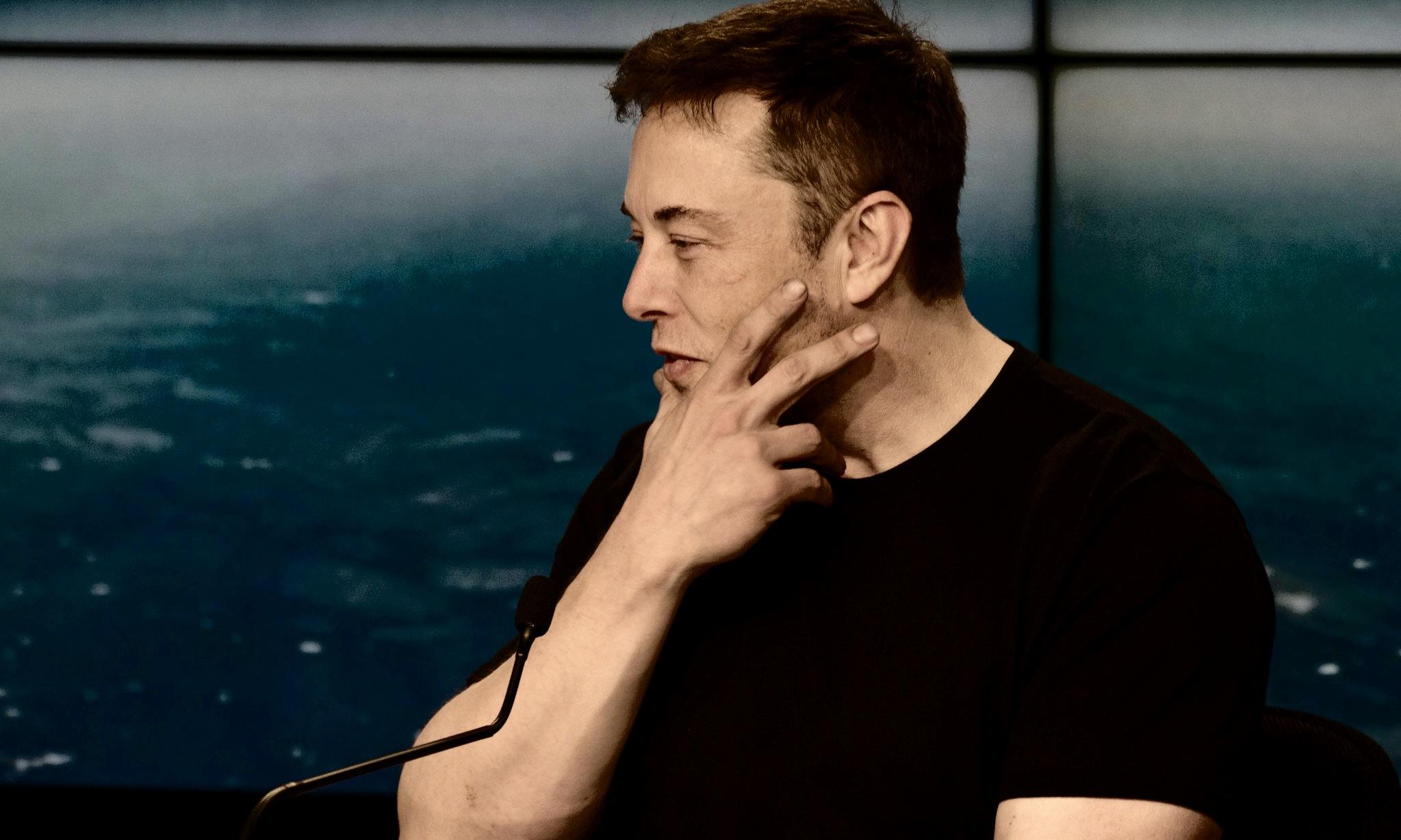President Donald Trump signed an executive order to establish the Department of Government Efficiency (DOGE), an advisory group aimed at reducing government spending by cutting federal jobs and agencies. Elon Musk, CEO of Tesla (NASDAQ:TSLA), is leading the group, which seeks to eliminate three-quarters of federal jobs and modernize government technology.
The initiative has already drawn lawsuits from watchdog groups, unions, and public interest organizations, citing potential violations of federal advisory laws. Among the challengers are National Security Counselors, Public Citizen, and the American Federation of Teachers. Critics argue the committee lacks official power to implement the sweeping reforms Musk and co-chair Vivek Ramaswamy had proposed.
Ramaswamy, a former Republican presidential candidate, recently left the group to focus on a gubernatorial run in Ohio, according to sources familiar with his plans.
Trump praised DOGE’s ambitious goals during his announcement, promising a streamlined, effective government. The executive order allows the group to hire 20 individuals to oversee its objectives. However, the White House and Tesla have not commented on the legal challenges.
Advisory committees aiming to cut government waste are not new. Similar initiatives, such as President Reagan's 1982 task force, often face delays and limited implementation. Experts question whether DOGE will fare differently.
Lawsuits highlight concerns about transparency and potential violations of laws governing federal advisory committees. Critics argue the group’s proposals could destabilize public services and eliminate essential roles.
Despite the legal hurdles, Trump’s administration remains committed to pursuing government efficiency, framing the initiative as a key effort to modernize operations and reduce federal spending.
With high-profile leadership and controversial goals, the future of DOGE’s proposals remains uncertain amid mounting opposition.



 Trump Extends AGOA Trade Program for Africa Through 2026, Supporting Jobs and U.S.-Africa Trade
Trump Extends AGOA Trade Program for Africa Through 2026, Supporting Jobs and U.S.-Africa Trade  Google Cloud and Liberty Global Forge Strategic AI Partnership to Transform European Telecom Services
Google Cloud and Liberty Global Forge Strategic AI Partnership to Transform European Telecom Services  Trump Lifts 25% Tariff on Indian Goods in Strategic U.S.–India Trade and Energy Deal
Trump Lifts 25% Tariff on Indian Goods in Strategic U.S.–India Trade and Energy Deal  Nvidia CEO Jensen Huang Says AI Investment Boom Is Just Beginning as NVDA Shares Surge
Nvidia CEO Jensen Huang Says AI Investment Boom Is Just Beginning as NVDA Shares Surge  Trump Allegedly Sought Airport, Penn Station Renaming in Exchange for Hudson River Tunnel Funding
Trump Allegedly Sought Airport, Penn Station Renaming in Exchange for Hudson River Tunnel Funding  Ukraine-Russia Talks Yield Major POW Swap as U.S. Pushes for Path to Peace
Ukraine-Russia Talks Yield Major POW Swap as U.S. Pushes for Path to Peace  U.S. to Begin Paying UN Dues as Financial Crisis Spurs Push for Reforms
U.S. to Begin Paying UN Dues as Financial Crisis Spurs Push for Reforms  Pentagon Ends Military Education Programs With Harvard University
Pentagon Ends Military Education Programs With Harvard University  Instagram Outage Disrupts Thousands of U.S. Users
Instagram Outage Disrupts Thousands of U.S. Users  Federal Judge Blocks Trump Administration Move to End TPS for Haitian Immigrants
Federal Judge Blocks Trump Administration Move to End TPS for Haitian Immigrants  Elon Musk’s SpaceX Acquires xAI in Historic Deal Uniting Space and Artificial Intelligence
Elon Musk’s SpaceX Acquires xAI in Historic Deal Uniting Space and Artificial Intelligence  Faith Leaders Arrested on Capitol Hill During Protest Against Trump Immigration Policies and ICE Funding
Faith Leaders Arrested on Capitol Hill During Protest Against Trump Immigration Policies and ICE Funding  TSMC Eyes 3nm Chip Production in Japan with $17 Billion Kumamoto Investment
TSMC Eyes 3nm Chip Production in Japan with $17 Billion Kumamoto Investment  U.S. Justice Department Removes DHS Lawyer After Blunt Remarks in Minnesota Immigration Court
U.S. Justice Department Removes DHS Lawyer After Blunt Remarks in Minnesota Immigration Court  Trump Says “Very Good Talks” Underway on Russia-Ukraine War as Peace Efforts Continue
Trump Says “Very Good Talks” Underway on Russia-Ukraine War as Peace Efforts Continue  Paul Atkins Emphasizes Global Regulatory Cooperation at Fintech Conference
Paul Atkins Emphasizes Global Regulatory Cooperation at Fintech Conference  Trump Signs Executive Order Threatening 25% Tariffs on Countries Trading With Iran
Trump Signs Executive Order Threatening 25% Tariffs on Countries Trading With Iran 























